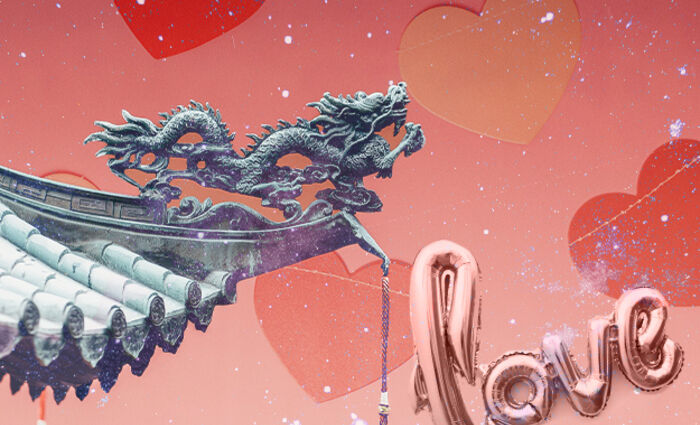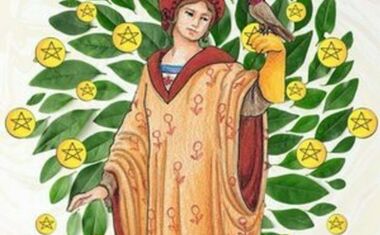
What is Chinese Valentine's Day?
Stargaze your way through this lunar love holiday
While Valentine's Day might get a bad rap for being overly commercialized in the U.S. and other Western countries, Chinese Valentine's Day is an entirely different kind of romantic holiday.
Don't get us wrong -- we enjoy the traditional trappings of Valentine's Day, and we're not going to turn down chocolates or flowers come February 14! That said, the imaginative folklore behind Chinese Valentine's Day is inspired by a more cosmic connection.
Reveal the path toward YOUR soulmate now »
When is Chinese Valentine's Day?
In China, this day devoted to love is called the Qixi Festival. It's also known as the seventh eve, which refers to the position of the stars on the seventh day of the seventh month in the Chinese lunar calendar. The date on the Gregorian calendar varies slightly each year, but in 2024, Chinese Valentine's Day occurs on August 10th.
Chinese Valentine's Day Legends
There are two legends about what inspired Chinese Valentine's Day. In the first, a young cowherd spots the seven daughters of the Goddess of Heaven on a visit to Earth. He sees the girls bathing in a river and decides to run off with their clothing (naughty young man!), and when the oldest daughter goes to ask him to return the clothing, he sees her naked and has no choice but to marry her. Eventually she is sent back to heaven by her angry mother, but she is allowed to return to Earth to see her husband once a year -- on the seventh night of the seventh Moon.
In the second story, the same two lovers are fairies living on opposite sides of the galaxy, and the Jade Emperor of Heaven feels sorry for them and brings them together. However, once they were together, they became so enraptured with one another that they didn't get any work done, so the Jade Emperor decided they could only meet once a year.
Now that one day of the year is celebrated as Chinese Valentine's Day. This is a time for couples to meet and gaze upon the star Vega and the constellation Aquila, which represent the two lovers separated on opposite sides of the Milky Way galaxy.
Kind of bittersweet, isn't it? And we're not talking about heart-shaped chocolate.
Celebrate this Chinese Valentine's Day by running our FREE Chinese Compatibility Report for you and your true love -- or the object of your affection.



